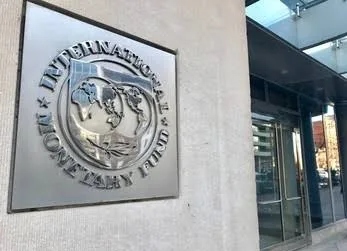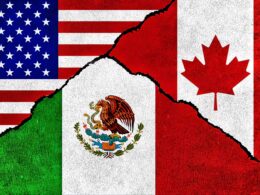Abuja, Nigeria – Nigeria has repaid $1.22 billion to the International Monetary Fund (IMF) over the course of nine months, according to external debt service reports from the Debt Management Office (DMO).
The payments were made as part of principal repayments spanning three consecutive quarters: $401.73 million was paid in Q4 2023, followed by $409.35 million in Q1 2024, and $404.24 million in Q2 2024. These repayments have significantly reduced Nigeria’s outstanding debt to the IMF, which dropped from $3.26 billion in June 2023 to $1.16 billion by June 2024—a 64.42% reduction within a year.
Background on the IMF Loan
The IMF initially disbursed $3.4 billion in emergency financial assistance to Nigeria in April 2020 under the Rapid Financing Instrument. Approved on April 28, 2020, and disbursed on April 30, the loan aimed to address the severe economic impact of the COVID-19 pandemic and the sharp decline in oil prices.
The loan carried a 5-year tenure, including a two-year moratorium, with an annual interest rate of 1%. As outlined in the Central Bank of Nigeria’s (CBN) 2022 financial statements, the repayment and associated charges were to be handled by the CBN on behalf of the Federal Government.
Debt Repayment Obligations
Nigeria is expected to pay $3.19 billion to the IMF during President Bola Tinubu’s administration, suggesting the previous administration serviced $320 million of the loan. Scheduled repayments include:
- 2024: SDR1.32 billion ($1.76 billion), comprising principal payments of SDR1.23 billion ($1.64 billion) and interest charges of SDR94.76 million ($126.03 million).
- 2025: SDR650.58 million ($865.27 million), including principal payments of SDR613.63 million ($816.13 million) and interest charges of SDR36.95 million ($49.14 million).
- 2026 and 2027: SDR25.56 million ($33.99 million) annually, covering only interest payments.
The IMF had previously noted that Nigeria was expected to pay SDR373.81 million ($497.17 million) in principal and interest in 2024 alone.










Join our Channel...